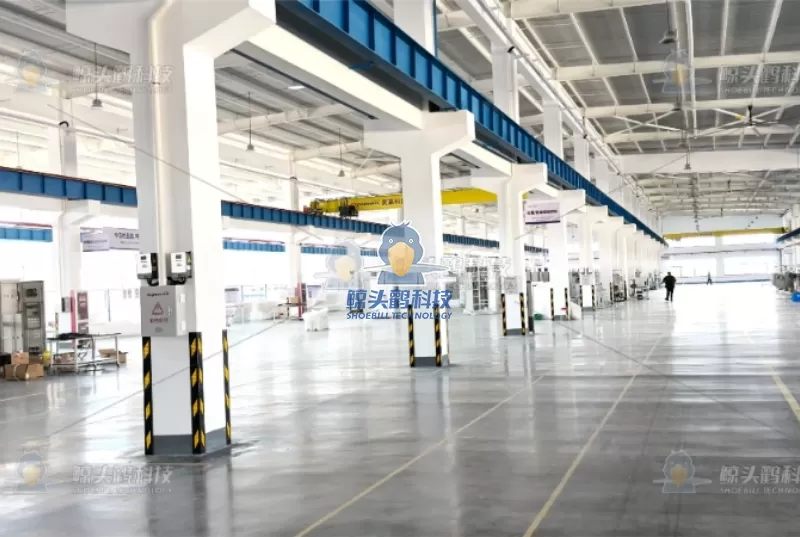In today's fast-paced world, the transportation industry plays a vital role in connecting people and goods across the globe. As technology continues to advance at an unprecedented rate, the future of transportation holds immense potential for innovation and transformation. In this blog post, we will delve into the exciting developments and trends that are shaping the future of technology in transport.
- Autonomous Vehicles:
One of the most significant advancements in transportation technology is the development of autonomous vehicles. These self-driving cars, trucks, and even drones have the potential to revolutionize the way we commute and transport goods. With advanced sensors, artificial intelligence, and machine learning algorithms, autonomous vehicles can navigate roads, make decisions, and communicate with each other, leading to enhanced safety, reduced traffic congestion, and improved fuel efficiency. - Hyperloop:
The Hyperloop concept, proposed by Elon Musk, is a futuristic transportation system that uses low-pressure tubes to transport passengers and cargo at high speeds. By eliminating air resistance and friction, Hyperloop pods can travel at speeds exceeding 700 mph, surpassing the capabilities of traditional trains and airplanes. This technology has the potential to transform long-distance travel, making it faster, more sustainable, and cost-effective. - Electric Vehicles and Infrastructure:
As the world strives to reduce carbon emissions and combat climate change, the future of transportation lies in electric vehicles (EVs). With advancements in battery technology, EVs are becoming more affordable, efficient, and capable of longer ranges. Additionally, the development of a robust charging infrastructure is crucial to support the widespread adoption of EVs. Innovative solutions such as wireless charging and fast-charging stations are being explored to address the limitations of traditional charging methods. - Hyperloop Cargo:
While the Hyperloop concept primarily focuses on passenger transportation, its potential for cargo transport is equally promising. Hyperloop cargo systems could revolutionize the logistics industry by enabling rapid and efficient delivery of goods. With the ability to transport cargo at high speeds, this technology could significantly reduce shipping times, lower costs, and enhance supply chain efficiency. - Urban Air Mobility:
The concept of urban air mobility (UAM) involves the use of electric vertical takeoff and landing (eVTOL) aircraft for short-distance urban transportation. These aircraft, commonly known as flying taxis, can alleviate traffic congestion by taking advantage of the three-dimensional airspace. UAM has the potential to transform urban transportation, providing faster and more efficient travel options for commuters.
Conclusion:
The future of technology in transport holds immense potential for revolutionizing the way we travel and transport goods. From autonomous vehicles and Hyperloop systems to electric vehicles and urban air mobility, these advancements promise enhanced safety, reduced environmental impact, and improved efficiency. As we embrace these technologies, it is crucial to address regulatory, infrastructure, and societal challenges to ensure a seamless transition into this exciting future of transportation.



More Stories
What Makes the Electric Farm ATV Vehicle a Serious Tool for Off-Road Terrain?
Door to Door International Container Shipping as Foundation for Predictable Global Trade
Discover the Advantages of TOPSTAR Electric Bikes for Commuting: Reviews Inside!